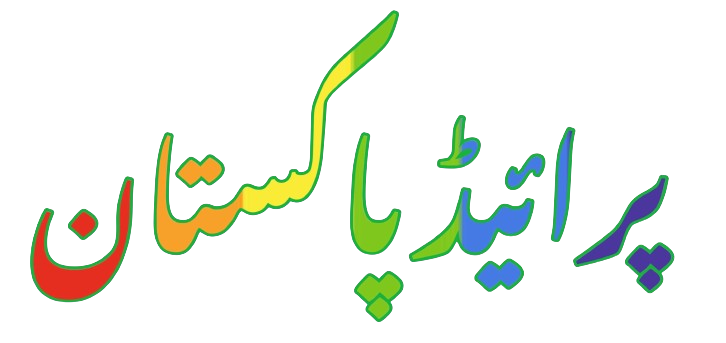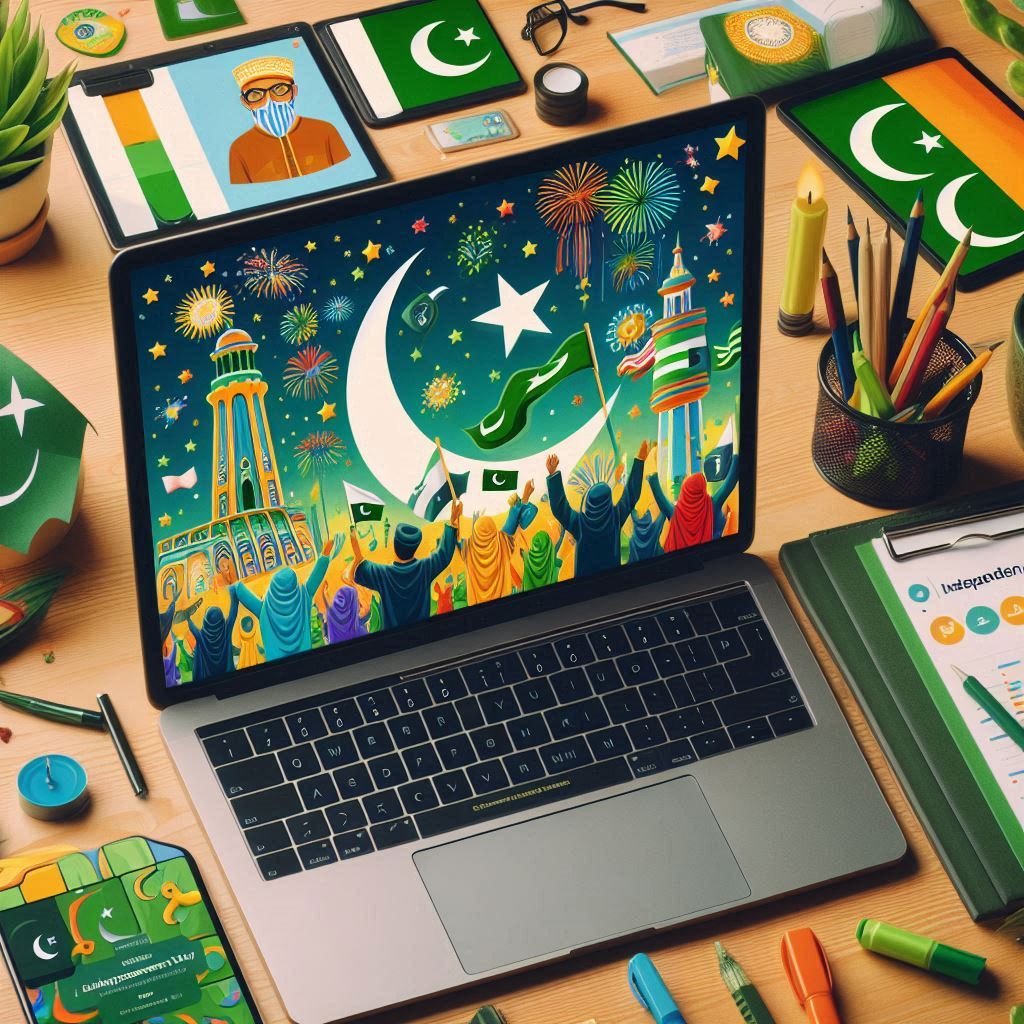A Legacy of Colonial Law
Pakistan inherited Section 377 of the Penal Code from British colonial rule. This law criminalizes “carnal intercourse against the order of nature,” a euphemism for same-sex intimacy. The maximum penalty? the law casts a long shadow, fostering a climate of fear and discrimination.
A Glimmer of Hope: Transgender Rights
The Transgender Persons (Protection of Rights) Act of 2018 prohibits discrimination in employment, education, healthcare, and public spaces.
However, challenges remain. Enforcement of the act is inconsistent, and social acceptance for transgender individuals is still limited.
The LGBTQ+ Community: Living in the Shadows
For the broader LGBTQ+ community (lesbian, gay, bisexual, and queer), the situation is more precarious. There are no legal protections against discrimination based on sexual orientation. Same-sex marriage is not recognized, and public displays of affection between same-sex couples can be met with disapproval or worse.
The LGBTQ+ community often navigates life in silence, fearing harassment and violence. Many face pressure to conform to societal expectations and enter heterosexual marriages. Mental health issues like depression and anxiety can be prevalent in this environment.
Signs of Change: A Growing Movement
Despite the challenges, there are signs of hope. A small but vibrant Pride Pakistan LGBTQ+ rights movement is gaining momentum. Online spaces provide a safe haven for individuals to connect and share their stories. Art, music, and literature are increasingly exploring themes of LGBTQ+ identity.
The Path Forward: Education, Acceptance, and Advocacy
The journey towards full LGBTQ+ rights in Pakistan will be long and arduous. It requires a multi-pronged approach:
- Education: Breaking down stereotypes and fostering understanding of LGBTQ+ identities is crucial. Educational campaigns can target public online and offline.
- Acceptance: Promoting a culture of acceptance within close ones and communities is essential. This involves combating prejudice and promoting empathy.
- Advocacy: Supporting organizations working for LGBTQ+ rights is vital. Lobbying efforts can push to protect the LGBTQ+ community from discrimination and violence.
A Call to Action
- Educate yourself: Learn about LGBTQ+ issues and share this knowledge with others.
- Challenge stereotypes: Speak up against homophobic and transphobic remarks.
- Support Pride Pakistan and LGBTQ+ organizations: Donate your time or resources to Pride Pakistan and organizations working for LGBTQ+ rights.
Please share your thoughts and experiences in the comments below. Remember, respect and empathy are key. Let’s build a brighter future, together.



Leave a Reply